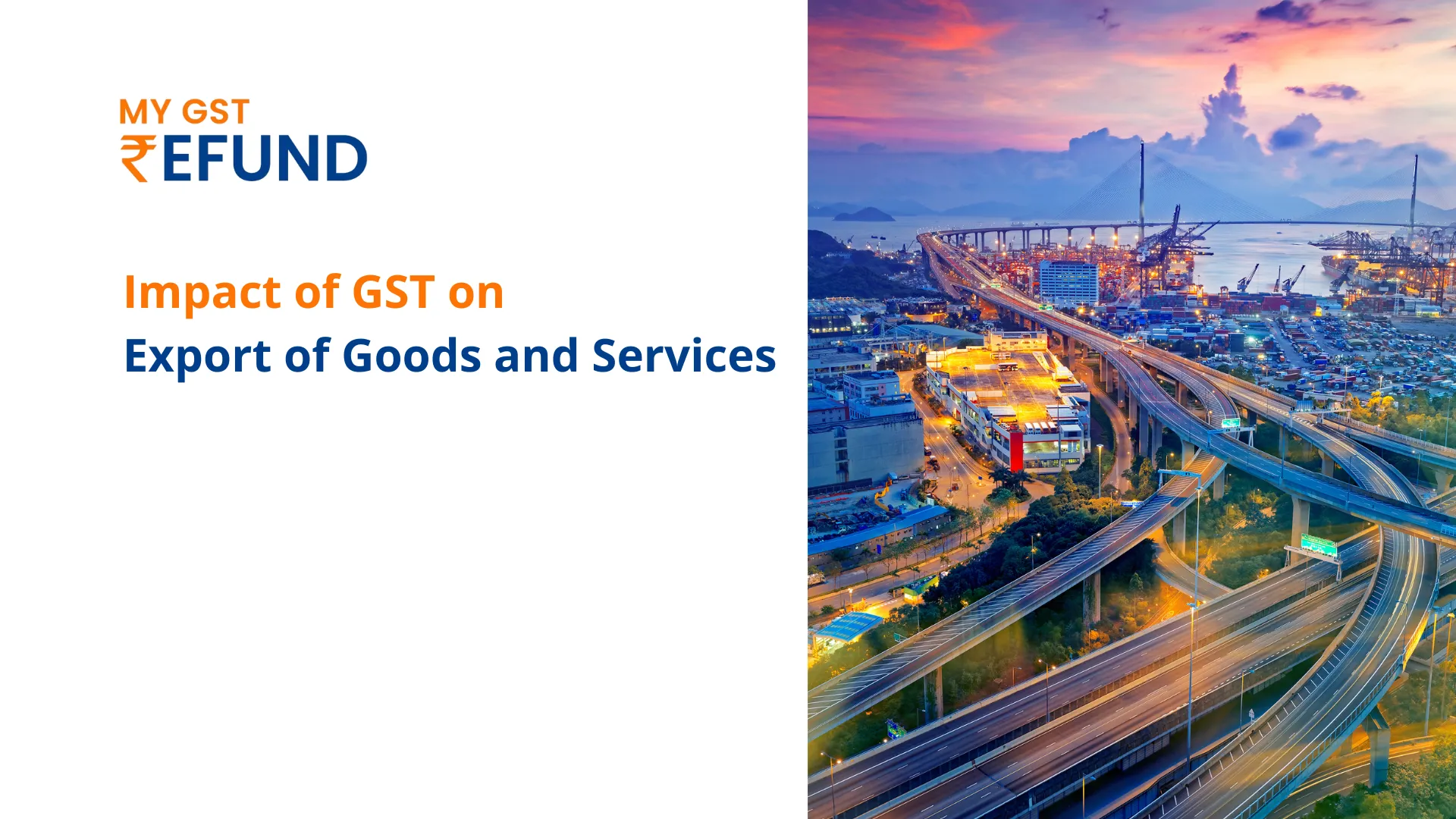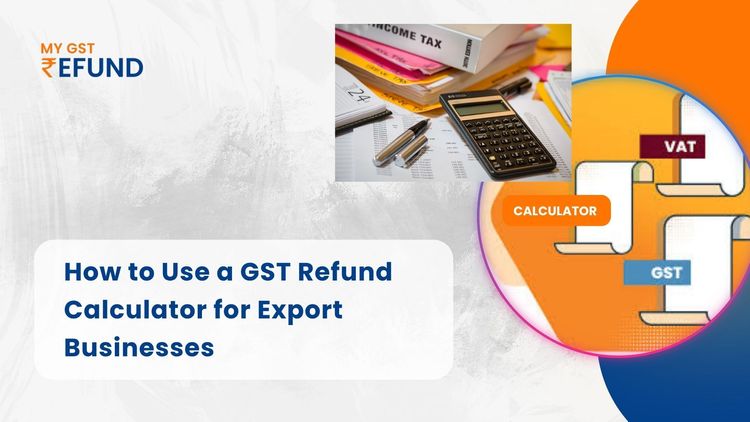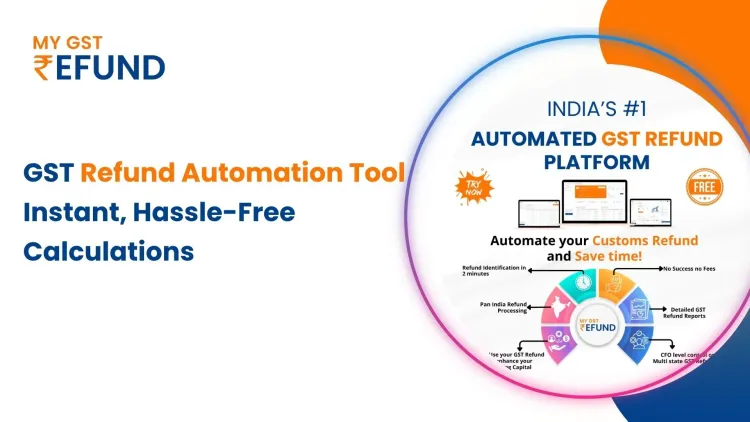Impact of GST on Export of Goods and Services
The Goods and Services Tax (GST) in India has changed how goods and services are exported. Exporters now face a new tax system with its own rules and benefits. This article looks at how GST has affected exports, covering all important aspects.
Key Takeaways
Understanding the GST framework and its implications for exporters Exploring the provisions for the export of goods and services under GST Understanding the compliance requirements and documentation processes for GST refunds Identifying the benefits and challenges faced by exporters in the GST era Analyzing the impact of GST on the competitiveness of Indian exports
Understanding GST and its Implications for Exports
The Goods and Services Tax (GST) has changed the Indian economy a lot. It was introduced in 2017 and affects the export sector a lot. Businesses need to know how GST impacts the export of goods and services.
What is GST?
GST is a single tax that replaced many indirect taxes. It's a tax on the final use of goods or services. It aims to make tax simpler and reduce the effect of taxes.
GST and International Trade
GST has changed India's international trade, especially for exports. gst impact on exports, and gst and export are key for businesses. Exporters face new challenges and opportunities with GST.
Businesses must adjust to GST to use its benefits and solve its problems. Knowing GST well is key for Indian businesses to stay competitive globally.
GST on Export of Goods
The Goods and Services Tax (GST) in the UK affects how goods are exported. It offers benefits and concessions to help British businesses grow globally. This makes UK goods more competitive worldwide.
Zero-Rating of Exports
Goods exported from the UK don't have GST. This means exporters don't charge GST on what they sell abroad. They can also get back the GST they paid on making those goods. This keeps the goods affordable for buyers overseas.
Exemptions and Refund Mechanisms
- Some goods like precious metals, jewellery, and antiques don't pay GST when exported.
- Exporters can get back the GST they paid on making goods. This helps keep their products affordable.
Compliance Requirements
Exporters must follow certain rules to get GST benefits. They need to keep detailed records and fill out specific forms. They also have to meet deadlines for refund claims.
Knowing how gst on export of goods works helps British exporters stay ahead. They can keep their products competitive globally.
GST on Export of Services
The Goods and Services Tax (GST) has changed how services are exported in the United Kingdom. It's important for businesses to know how GST affects service exports and how to get refunds. This helps them deal with the tax's complexities.
Taxability of Services Exports
Under GST, exporting services is usually zero-rated. This means no GST is charged. Many services fall under this, like:
Accounting and legal services for clients abroad IT and software development for overseas customers Consulting and advisory services given to foreign companies Architectural and engineering services for projects worldwide
Refund Mechanisms for Services Exports
Businesses that export services can get back GST paid on inputs. This is called the gst export refund. It helps them stay competitive by reducing their tax costs.
To get the gst on export of services refund, exporters must follow certain rules. They need to submit shipping bills and other documents. Quick processing of these claims is key for businesses that export services.
Understanding GST's impact on service exports helps businesses plan better. They can stay competitive and follow changing rules.
Compliance Requirements for Exports under GST
Exporters in the Goods and Services Tax (GST) regime face several compliance needs. These are to get the benefits and refunds they deserve. This part explains the documents, registrations, and filing steps needed to work well in the GST system.
Getting registered under GST is a key step for exporters. They need a valid Goods and Services Tax Identification Number (GSTIN). This number is unique to their business. They also have to keep detailed records of their sales, like invoices and shipping bills. These are needed to claim gst export refund and gst export benefits.
Exporters must file their GST returns on time and accurately. They need to prepare and submit their GST returns monthly or quarterly. This includes details of their exports, input tax credits, and refund claims. Not doing this can lead to penalties and delays in refunds.
Following these compliance rules helps exporters smoothly navigate the GST system. It unlocks the benefits and refunds they are entitled to. Managing documents well and filing on time protects their business. It also makes the GST system more efficient.
GST Export Benefits
The Goods and Services Tax (GST) in India has brought big benefits for exporters. One major advantage is the zero-rating and exemption rules. These make exporting easier and lower the tax costs.
Zero-Rating and Exemptions
Exports of goods and services are now zero-rated under GST. This means no GST is charged on these sales. Exporters can claim back tax on goods and services used for exports. This stops taxes from adding up and makes them more competitive worldwide.
Also, some supplies linked to exports, like raw materials and insurance, are GST-free. This cuts down the costs for exporters. It makes their products cheaper for buyers abroad.
These GST export benefits have greatly helped Indian businesses compete globally. They can now sell their products and services at better prices.
GST on Export of Goods and Services
The Goods and Services Tax (GST) has changed how India exports goods and services. It's important to know how GST treats these two areas. This helps businesses deal with the complex world of international trade.
GST on Export of Goods
Under GST, exporting goods doesn't charge GST. This makes Indian exports competitive worldwide. Exporters can get back the tax they paid on goods and services used for export.
GST on Export of Services
Exporting services under GST is also zero-rated. This means no GST is charged. Businesses can get back the tax on goods and services used for services exported.
But, getting a GST refund for exports needs the right paperwork and following rules. Exporters must keep good records and follow procedures for a smooth refund.
The GST system brings both challenges and chances for Indian exporters. Knowing about gst on export of goods and gst on export of services helps businesses stay ahead in global markets.
Documentation and Procedures for GST Refunds
Exporters in the United Kingdom must follow key steps to get GST refunds. Keeping shipping bills, invoices, and other documents is crucial. These records prove the export and help the tax authorities.
Shipping Bills and Other Documentation
Shipping bills are key for claiming GST refunds on exported goods. They show goods left the country. Exporters also need invoices, packing lists, and more to back-up their claims.
- Shipping bills
- Export Invoices along with Packing lists
- Copy of Bank realisation certificates (BRCs) or Foreign inward remittance certificates(FIRCs), as the case may be.
It's vital to file these documents on time. The refund process has strict deadlines. Make sure all details match to avoid delays.
Following these steps and deadlines is crucial. It helps exporters get their gst export refund and stay in line with GST rules.
Impact of GST on Export Competitiveness
The Goods and Services Tax (GST) in India has changed how the country competes in exports. The GST aims to simplify taxes and reduce paperwork. But, it has also brought challenges and new chances for exporters.
One big change is in pricing. With the same tax rates everywhere, prices are clearer. But, the GST's extra costs might make Indian goods pricier in some markets.
The GST has also improved logistics and supply chains. It has made moving goods across states easier and cheaper. This means Indian exporters can serve their customers faster and more efficiently.
Compliance and Refund Challenges
But, the GST has also made things harder for exporters. The need for detailed paperwork and slow refunds can hurt cash flow, especially for small businesses. Figuring out how to get refunds quickly is a big problem for many.
The government has tried to help by making refunds faster and paperwork simpler. These steps aim to make it easier for exporters to get their money back. This should help them stay competitive globally.
As the GST keeps changing, exporters need to keep up. They must find ways to overcome GST's hurdles and use its benefits. This way, Indian businesses can grow and succeed in the global market.
GST Refund Challenges and Solutions
Dealing with the GST refund process can be tough for exporters. They face delays and issues with documents. But, the government is working hard to make things better.
Common Issues and Resolutions
Exporters often wait too long for their GST refunds. To fix this, new rules have been made. These rules help speed up the refund process.
There's also a problem with documents not matching. The government has joined the Customs and GST systems. This means they can share data in real-time, fixing any document issues.
Even with these steps, there's more to do. It's important for the government and exporters to keep talking. This way, they can find and fix any other problems. This will make the gst export refund process smoother for everyone.
Case Studies and Success Stories
The Goods and Services Tax (GST) has made a big difference for Indian businesses. Many have used the tax's benefits to become more competitive globally. Here are some real stories of success that show how GST has helped.
ABC Textiles, a top exporter of cotton fabrics, is one such success story. Before GST, they faced many tax challenges and paperwork issues. But with GST, they found it easier to manage taxes and get refunds quickly. This led to a big jump in their exports, helping them stand out in the global market.
XYZ Electronics, a big player in consumer electronics, has also seen benefits. The GST's simpler tax rules and input tax credits have boosted their profits. This has allowed them to invest in new products and reach more markets.
PQR Pharmaceuticals, in the pharmaceutical sector, has also thrived. They've used GST's export exemptions and easier paperwork to grow their global presence. This has made them a trusted name for quality medicines worldwide.
These stories show how GST has helped the export sector. Businesses are now using GST's benefits to grow and compete globally.
Emerging Trends and Future of GST on Exports
As the Goods and Services Tax (GST) in India grows, exporters watch closely. They think about how GST will change their work. One big thing is making the GST export refund process easier.
The Indian government is trying to help exporters. They want to make GST better. This means easier paperwork, faster refunds, and clearer rules for exports.
Exporters are looking at new ways to deal with GST. They use advanced technology to make things easier. They also work with industry groups and tax experts to keep up with GST changes.
FAQ
What is the impact of GST on exports?
GST has changed how goods and services are exported from India. It has brought in a new tax system. This system has both good and bad sides for exporters.
On the positive side, GST has made taxes simpler. It also offers benefits like input tax credit and zero-rating for exports. However, the new rules and paperwork can be a challenge for some.
How does GST affect the competitiveness of Indian exports?
GST's effect on Indian exports is complex. It has both good and bad points for exporters. The removal of cascading taxes and input tax credits can make exports cheaper.
But, the new rules and the initial GST transition have caused some issues. These have affected the export performance of some businesses.
What are the GST benefits for exporters?
Exporters under GST get several benefits. These include: - No GST on exports, thanks to zero-rating - Refund of input tax credits on exports - Exemption from GST on goods and services for export production - Simplified tax compliance and input tax credit mechanism These benefits help exporters save money and stay competitive globally.
How can exporters claim GST refunds?
To claim GST refunds, exporters need to follow these steps: - Keep all necessary documents ready, like invoices and shipping bills - Fill out the right GST refund application forms, such as RFD-01 for goods and RFD-07 for services - Submit the application within 2 years from the export date - Provide any extra information needed by tax authorities - Keep track of the refund application and follow up on any delays
What are the compliance requirements for exporters under GST?
Exporters under GST must follow several rules. These include: - Getting a GST registration and keeping records - Issuing invoices correctly - Filing GST returns like GSTR-1 and GSTR-3B - Submitting documents for GST refunds - Following GST refund application timelines and procedures - Keeping proper documentation for all export transactions
How does GST affect the export of services?
GST has specific rules for service exports. Under GST, service exports are usually zero-rated, meaning no GST is charged. Exporters of services can get back input tax credits on the inputs and services used for exports.
However, exporters of services face more compliance and paperwork. They need to keep accurate records and file refund applications correctly.
What are the common challenges faced by exporters in obtaining GST refunds?
Exporters often face challenges when getting GST refunds. These include:
- Delays in refund processing by tax authorities.
- Mistakes in documentation or information.
- Issues with matching input tax credits with export transactions.
- Changes in GST refund rules and procedures .
MyGST Refund solves these challenges by offering automated, API-based solutions that simplifies the refund process. Our platform ensures accurate documentation, seamless input tax credit matching and reducing delays and helping exporters maximize their working capital with ease and confidence.
Related Posts









